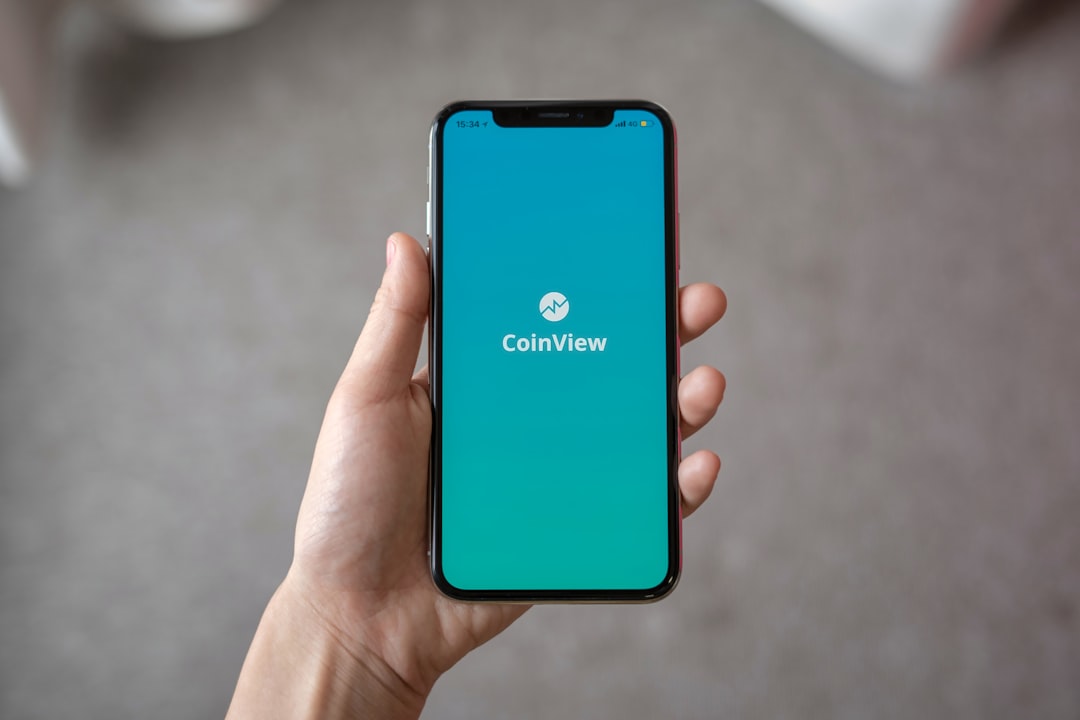In Virginia, debt collection lawsuits operate under strict regulations designed to safeguard both creditors and debtors, with a four-year statute of limitations for most debts. Creditors must employ alternative dispute resolution methods before filing and adhere to rules prohibiting false statements, threats, or harassment during the legal process. Debtors have rights, including defenses against unfair practices, and can seek assistance from "Do Not Call" law firms to protect themselves from harassing communication, leveraging Virginia's Do Not Call Registry to block unwanted contact from collection agencies.
“In Virginia, understanding debt collection lawsuit limits is crucial for both debtors and creditors. This comprehensive guide delves into the intricacies of debt collection lawsuits, providing a clear overview of the legal landscape. From defining what constitutes a debt collection suit to exploring the time frameworks and exceptions, we break down the key aspects. Additionally, we highlight rights and protections under Virginia’s ‘Do Not Call’ laws, ensuring informed decision-making. By understanding these limits, individuals can navigate their rights effectively.”
What Is a Debt Collection Lawsuit?

A debt collection lawsuit is a legal action initiated by a creditor or a debt collector to recover a debt from an individual or business that has failed to make payments as agreed upon in a contract. In Virginia, such lawsuits are governed by specific laws designed to protect both debtors and creditors, ensuring fair practices while facilitating the resolution of outstanding debts. When a debt goes unpaid, collectors may first attempt to resolve the issue through alternative methods, like sending payment reminders or negotiating a repayment plan. However, if these efforts prove unsuccessful, they may file a lawsuit in court to pursue legal recourse.
Unlike some states, Virginia has strict regulations regarding debt collection practices, including limits on when and how suits can be filed. These rules are in place to prevent aggressive or abusive tactics and ensure debtors have a fair chance at resolving their financial obligations without facing overwhelming legal action. Understanding these lawsuit limits is crucial for both consumers and collectors, as it promotes transparency and fairness in the debt recovery process, especially for those who do not wish to engage with law firms by making Do Not Call requests.
Limits on Suits in Virginia: A Quick Overview

In Virginia, debt collection lawsuits face stringent limitations designed to protect consumers from aggressive legal tactics. The state has established clear rules on when and how such suits can be initiated, ensuring fairness for debtors. One key limit is the statute of limitations, which restricts the time a creditor has to file a lawsuit after the original default. For most types of debts, this period is four years, meaning any suit filed beyond this timeframe may face legal challenges. Additionally, Virginia law mandates that debt collectors provide proper notice and disclose specific information when initiating a lawsuit, including the amount owed and the basis for the claim. These requirements aim to keep the process transparent and give debtors a clear understanding of their rights.
Furthermore, there are restrictions on the tactics debt collectors can employ. They must adhere to fair collection practices, avoiding false or misleading statements, threats, or harassment. Virginia’s laws also cap the amount of interest that can accrue on debts, providing another layer of protection for consumers. Understanding these limits is crucial for both debtors and creditors, ensuring that legal proceedings are conducted within ethical and time-bound boundaries, as stipulated by Virginia regulations.
Time Frameworks for Filing: Statute of Limitations

In Virginia, debt collection lawsuits are subject to specific time frameworks, known as the statute of limitations. This legal concept sets a deadline for creditors or collectors to file a lawsuit after the initial default on a debt. Generally, for written contracts, including credit agreements, the statute of limitations in Virginia is four years from the date when the cause of action accrued. This means that if you have been served with a summons and complaint related to an unpaid debt, you have four years from that point to respond legally.
Understanding these time frameworks is crucial for individuals facing such lawsuits, as it provides them with valuable information about their rights and options. Once the statute of limitations expires, creditors are typically barred from pursuing legal action in court for that particular debt. This knowledge can help those in Virginia navigate their options without feeling pressured to make hasty decisions, especially when considering whether to Do Not call law firms for assistance.
Exceptions and Extensions: When Suits Can Proceed

In Virginia, debt collection lawsuits face strict limits and regulations designed to protect consumers from abusive practices. While many cases are resolved through negotiation or alternative dispute resolution, there are exceptions where lawsuits can proceed. These include situations where the debt is in dispute—the debtor claims they do not owe the money—or when the statute of limitations for collecting the debt has not expired. It’s important to note that even if a lawsuit is filed, it doesn’t automatically mean a judgment will be rendered. Debtors have rights and defenses available to them, including challenges based on unfair collection practices or errors in the amount owed.
Additionally, there are instances where extensions might be granted. These could arise from unforeseen circumstances like natural disasters or health emergencies that impact the debtor’s ability to respond promptly. Such cases may lead to temporary halts or adjustments in the legal process, giving debtors a chance to regroup and address their financial obligations while navigating the lawsuit.
Do Not Call Law Firms: Rights and Protections

In Virginia, consumers have certain rights and protections when it comes to “Do Not Call” laws aimed at limiting unwanted phone calls from law firms engaging in debt collection activities. The Virginia Do Not Call Registry is a crucial resource for individuals seeking to curb persistent and harassing debt collection calls. By registering their phone numbers with the state, residents can prevent direct marketing and collection calls from participating law firms. This measure offers much-needed relief from relentless debt collection efforts.
It’s important to note that even if a law firm has your number on file due to previous interactions or legal proceedings, you still retain the right to register it on the Do Not Call list. This ensures that subsequent attempts to contact you are made in accordance with Virginia’s consumer protection laws. Understanding these rights is essential for anyone navigating debt collection lawsuits and looking to protect themselves from unwanted communication.






